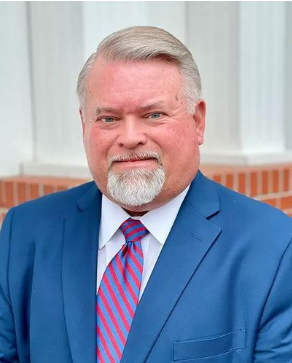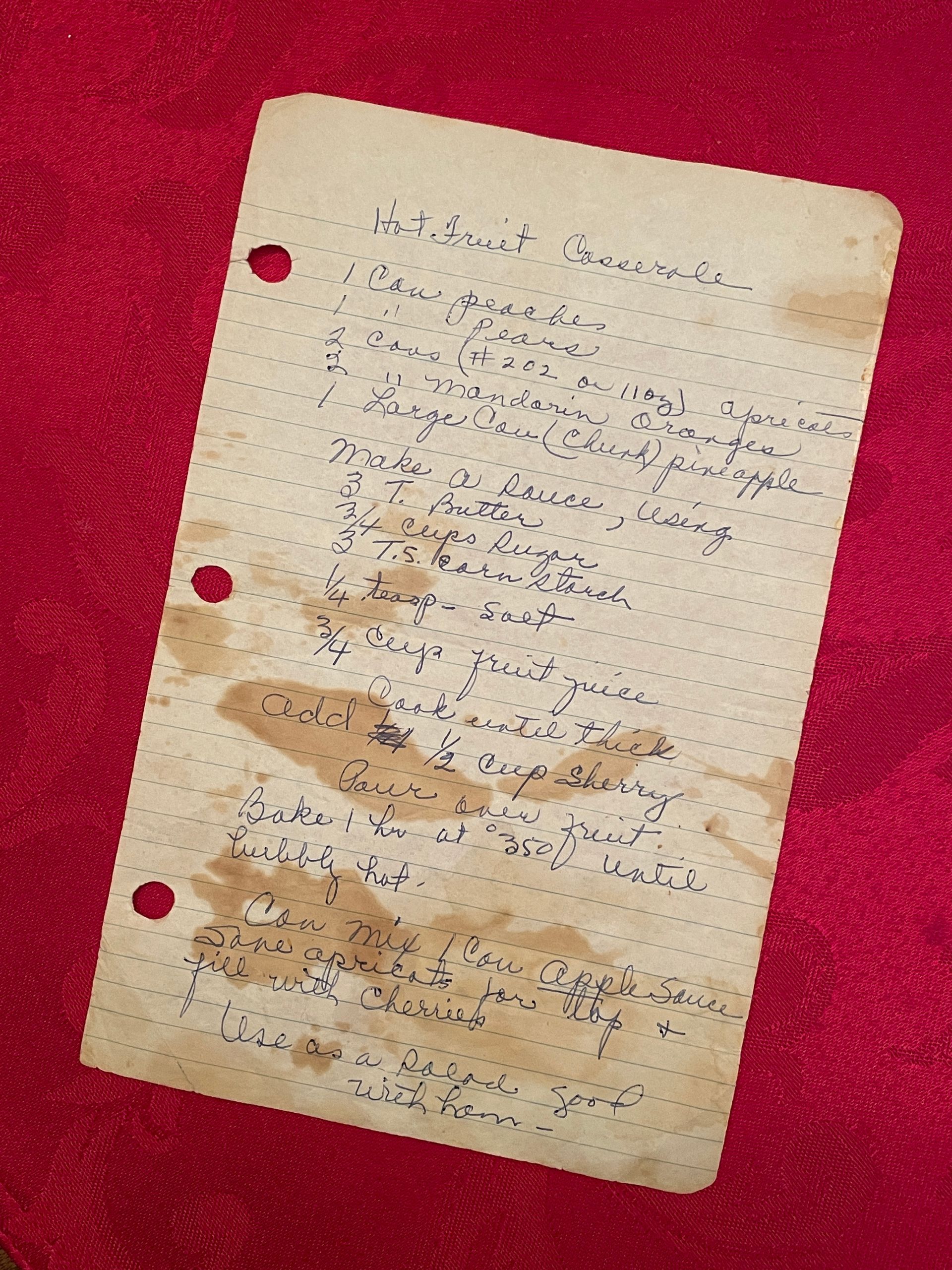It is Better to Remain Silent . . .
. . . and be thought a fool than to open one’s mouth and remove all doubt—at least that was Abraham Lincoln’s take on the matter of speaking without thought or knowledge or both. Unfortunately, we as human beings often have a need to say something, especially when we find ourselves in an uncomfortable or difficult situation. We may not appear foolish to those around us, but there certainly are times, such as when a death occurs, that we have a terrible need to speak but we really don’t know what to say. We want to offer comfort and support—and oftentimes, an explanation—but we fail miserably in the process. So, what should we say when confronted with grieving friends or family members? How do we respond to their pain at the loss of an important part of their lives? Perhaps our best approach to those questions is to first examine what we might not want to say.
“It was just their time.” I like the commercial for a particular cancer treatment center where the patient currently in remission remembers that her doctor told her he didn’t see any expiration dates stamped on her body. Without debating whether or not our days are numbered, “It was just their time” does not offer any consolation to someone whose spouse/child/parent/significant other has died and left them alone in this world. In fact, it indirectly places blame on God or Fate or whatever authority they believe commands order in this world because they did not choose to prevent the death that is so painful for them.
“At least they didn’t suffer.” Granted, this comment is only appropriate when a death is unexpected, but once again, at that moment it is no consolation to those who are grieving. They didn’t have time to say goodbye, they didn’t have time to say, “I’m sorry”, they didn’t have time to . . . and they will forever question what they could have done to prevent what was probably inevitable. Or perhaps “At least they aren’t suffering anymore.” This comment is usually uttered when the death comes after a prolonged illness and, although those left behind would never want their loved one to suffer on this earth, they still do not want to live without them and, given the choice between being alone and having that person still with them, many selfishly, silently wish they were still alive no matter the condition. In their heads, they would never want that person back as they were but in their hearts they would take them in any condition for just one more minute.
“God just needed another angel.” Oh, dear. Have we just implied that God is selfish? Our sorrow is secondary to His need for our loved one? A member of my Sunday school class once asked for advice because a friend of hers had just lost his entire family in a car accident and that comment was made many times regarding his children. She was concerned because he was so angry with God and I couldn’t help but speak up. Of course he was angry with God—he had been told repeatedly that God took his family from him. In his shoes, I’d be mad too.
“They’re in a better place.” Hopefully, that’s an accurate statement, but it still holds little consolation when the loss is fresh and the pain almost unbearable. The overriding thought after everyone leaves and they are struggling to move on with life is that wherever their loved one is, it is not here —and here is where they should be.
So, if the standard, go-to efforts at consoling are less than satisfactory, what should you say when it’s your turn to speak to the family or close friends?
“I’m sorry.” Those two simple words, coupled with a hug or gently taking their hands in yours, say more than a thousand explanations, because there is no acceptable explanation of death when you are grieving. Those two simple words offer your sympathy without conditions or reservations and allow the person to whom you are speaking to respond or cry or both. At this particular moment, they really don’t need to hear from you—they need to know that you are prepared and willing to listen to them.
“What can I do?” Before you utter these words, be sure you are willing to actually follow through. Most of the time, the response will be, “There’s nothing anyone can do,” or “Just pray for me,” but there are those times when your offer will be met with a request. Better yet, don’t offer, just do. Actions always speak louder than words.
It has been said that no explanation of death should ever be offered that cannot be given to a dying child. If you are at a loss for words when a death occurs, keep that adage in mind. If you would not be willing to say it to the person who has died moments before their death, then maybe you should reconsider saying it to those who are left behind.
The post It is Better to Remain Silent . . . appeared first on Shackelford Funeral Directors | Blog.







A Year of Grief Support
Sign up for one year of weekly grief messages designed to provide strength and comfort during this challenging time.
Please wait
Verifying your email address
Please wait
Unsubscribing your email address
You have been unsubscribed
You will no longer receive messages from our email mailing list.
You have been subscribed
Your email address has successfully been added to our mailing list.
Something went wrong
There was an error verifying your email address. Please try again later, or re-subscribe.





